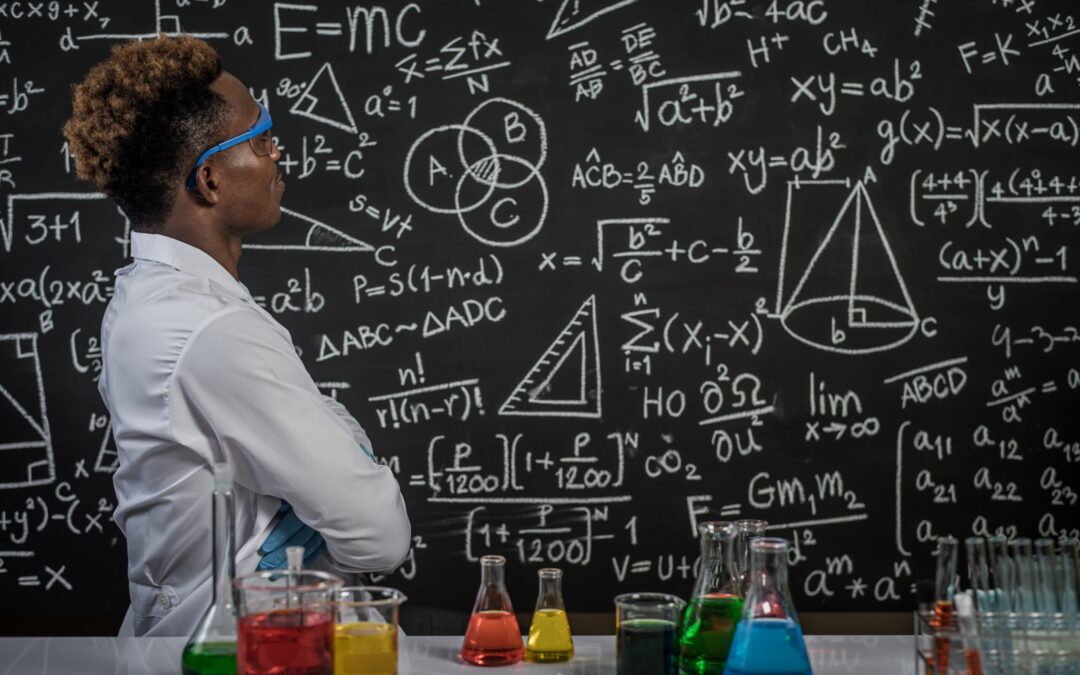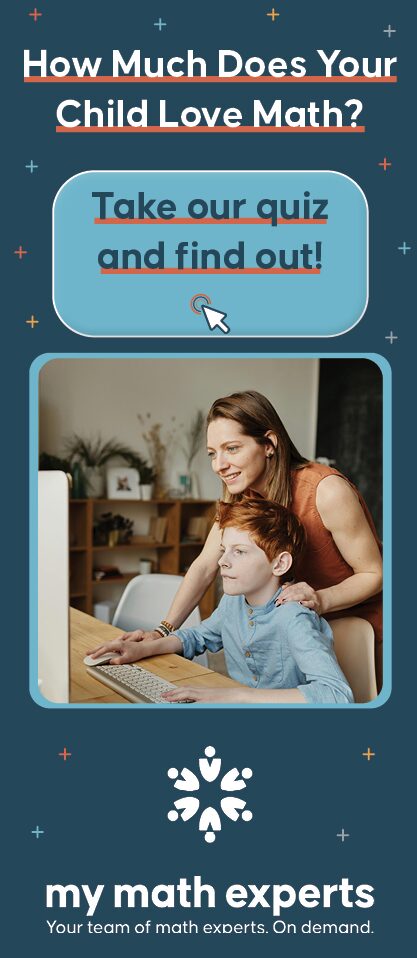When it comes to mastering physics, many students find themselves facing significant challenges. From abstract concepts to complex calculations, physics can seem daunting. In this blog post, we will explore why students often struggle with physics, how mastering physics can open doors to academic and professional success, and how My Math Experts can help students overcome obstacles and achieve their goals.
Why is Mastering Physics So Challenging?
Physics is often considered one of the most difficult subjects due to its combination of theoretical concepts, mathematical reasoning, and real-world applications. The abstract nature of physics, combined with its reliance on mathematical problem-solving and practical application, can make it intimidating even for students who excel in other STEM fields. Let’s explore why physics presents such unique challenges and why mastering it can feel like an uphill battle.
1. Abstract Concepts
One of the primary challenges in physics is grappling with abstract concepts. Physics involves ideas that are not always intuitive or easily visualized. For instance, wave-particle duality suggests that particles, like electrons, can exhibit properties of both particles and waves. Similarly, Einstein’s theory of relativity challenges common perceptions of time and space, proposing that time can slow down or speed up depending on the observer’s speed relative to the speed of light.
Such abstract ideas often conflict with everyday experiences. While students can easily visualize a car moving down a road, imagining time dilation or the bending of space around a massive object is far more challenging. This gap between everyday logic and physical reality often leads to misconceptions or confusion.
2. Mathematical Rigor
Physics is deeply rooted in mathematics, which can be a major hurdle for students who are not mathematically inclined. Unlike biology or earth sciences, which may rely more on memorization, physics demands a high level of mathematical competence. Calculus, algebra, and trigonometry form the backbone of most physics problems, and students must be comfortable manipulating equations, solving for variables, and understanding mathematical relationships.
For instance, solving a simple projectile motion problem involves equations of motion, trigonometric functions for angles, and vector decomposition. Moreover, higher-level physics, such as electromagnetism or quantum mechanics, requires even more advanced math, including differential equations and complex number theory. A weak foundation in mathematics can severely hinder a student’s ability to grasp these concepts.
3. Complex Problem-Solving
Physics problems often require synthesizing multiple concepts within a single problem, making it more complex than other subjects where one formula might suffice. For example, a problem involving a block sliding down an inclined plane could require understanding of gravitational forces, friction coefficients, normal force calculations, and energy conservation.
This multi-step approach can overwhelm students, especially when they miss a critical step or fail to understand how different concepts interrelate. Additionally, physics problems rarely have a straightforward path to the solution. Students must assess the problem, identify the relevant principles, set up equations, and logically work through each step. This requires both critical thinking and an ability to tolerate ambiguity, as the solution path is not always obvious.
4. Real-World Application
Another reason students struggle with physics is the requirement to apply theoretical knowledge to practical scenarios. In physics, understanding a concept is not enough; students must also apply it accurately in varying contexts. For example, calculating the force needed to move an object across a surface with friction requires not only knowing Newton’s laws but also correctly interpreting the coefficients of friction from real-world materials.
This practical application is especially daunting in laboratory settings, where theoretical predictions often differ from experimental results. Factors such as air resistance, human error, or imperfect measurements can complicate the expected outcomes, leaving students questioning their understanding or the validity of the theory.
5. Abstract Thinking and Visualization
Unlike subjects where memorization or linear reasoning is sufficient, physics often requires spatial reasoning and abstract thinking. Visualizing electric field lines, magnetic flux, or gravitational warping around massive objects requires imagination and spatial awareness. Even when diagrams and visual aids are provided, students can struggle to translate two-dimensional representations into three-dimensional concepts.
Studies have shown that students who excel in physics often have a higher ability to visualize and manipulate objects mentally. Unfortunately, this skill does not come naturally to everyone. Developing spatial reasoning skills can significantly improve physics comprehension, but it requires practice and the ability to think beyond typical visual experiences.
6. Overcoming the Challenges
To overcome these obstacles, students can benefit from a structured and multi-faceted approach to learning physics:
- Conceptual Understanding: Focus on building a strong conceptual foundation before diving into complex problem-solving. Using analogies and visual models can help bridge the gap between abstract theory and real-world understanding.
- Mathematical Proficiency: Regular practice with math problems, especially those related to algebra and calculus, can enhance problem-solving skills in physics. Online resources, tutoring, and guided practice sessions can be invaluable.
- Problem-Solving Strategies: Learning how to break down complex problems into manageable steps can reduce overwhelm. Identifying known variables, applying relevant principles, and methodically solving equations are essential skills.
- Practical Application: Engage with hands-on experiments and simulations to see theoretical concepts in action. Physics education platforms that offer virtual labs or interactive problems can make learning more tangible.
- Visualization Techniques: Develop spatial reasoning through practice with diagrams, animations, and 3D models. This can aid in understanding abstract ideas like field interactions or particle movement.
Mastering physics requires a balance of conceptual understanding, mathematical skill, problem-solving ability, and practical application. While the challenges are significant, they are not insurmountable. With perseverance, strategic learning approaches, and a willingness to practice regularly, students can overcome these difficulties and build a robust understanding of physics. The payoff is worth it: mastering physics not only improves problem-solving skills but also fosters critical thinking and analytical reasoning, valuable in both academic and professional settings.
Physics may be challenging, but with the right mindset and resources, it becomes an exciting journey through the fundamental principles that govern our universe.
How My Math Experts Helps Students Master Physics
At My Math Experts, we take pride in helping students not only master physics but also build the skills needed to tackle any math or science challenge. Our personalized approach, combined with highly qualified tutors, ensures that students get the guidance they need to excel. Here’s how we make a difference:
1:1 Tutoring: Personalized Support
One of the biggest advantages of working with My Math Experts is the personalized, 1:1 attention we provide. Unlike traditional classroom settings where teachers must divide their time among many students, our tutors can focus entirely on the individual learner’s needs. This targeted approach leads to faster progress and a more in-depth understanding of complex physics concepts.
Research from the National Bureau of Economic Research found that students who receive one-on-one tutoring improve their test scores by up to 30%. Additionally, The Journal of Educational Psychology noted that personalized instruction increases concept retention by nearly 50%.
Experienced Tutors: Expertise You Can Trust
All our tutors are certified educators or college professors specializing in math and physics. Their deep subject knowledge allows them to break down complicated theories, making them more accessible to students. According to the American Association of Physics Teachers, working with knowledgeable mentors increases a student’s likelihood of success by 40%.
Interactive Lessons: Engaging and Practical
Physics concepts can be abstract, but our interactive teaching methods bring them to life. By incorporating visual aids, real-world applications, and problem-solving exercises, our tutors make learning physics engaging and relatable. A study from the Journal of STEM Education shows that students engaged in interactive learning environments perform 20% better on assessments.
Continuous Support: Building Confidence
Our commitment to continuous support ensures that students never feel left behind. Tutors regularly check progress, provide detailed feedback, and adjust lesson plans as needed. Studies by the Educational Development Center show that consistent feedback improves student confidence and motivation by up to 35%.
Proven Results: Real Success Stories
Many students come to us feeling overwhelmed by physics, but through customized lessons and dedicated support, they see marked improvement. One of our recent students, previously struggling with understanding forces and motion, achieved a B+ in their physics class after just eight weeks of tutoring. Parents frequently share how their children’s confidence and performance in physics soar after working with our team.
Flexible Scheduling: Learning That Fits Your Life
Our flexible online scheduling system allows students to book sessions at convenient times, reducing stress and making consistent tutoring possible. A survey conducted by My Math Experts revealed that 92% of our students appreciate the flexibility of scheduling, which helps them stay on top of their studies without sacrificing other commitments.
Why Choose My Math Experts for Physics Tutoring
With the right guidance and personalized instruction, mastering physics is achievable. Our flexible scheduling, certified tutors, and proven strategies make physics less intimidating and more manageable for students at all levels.
Don’t let physics challenges hold you back—book a free trial with My Math Experts today and take the first step toward mastering physics!


